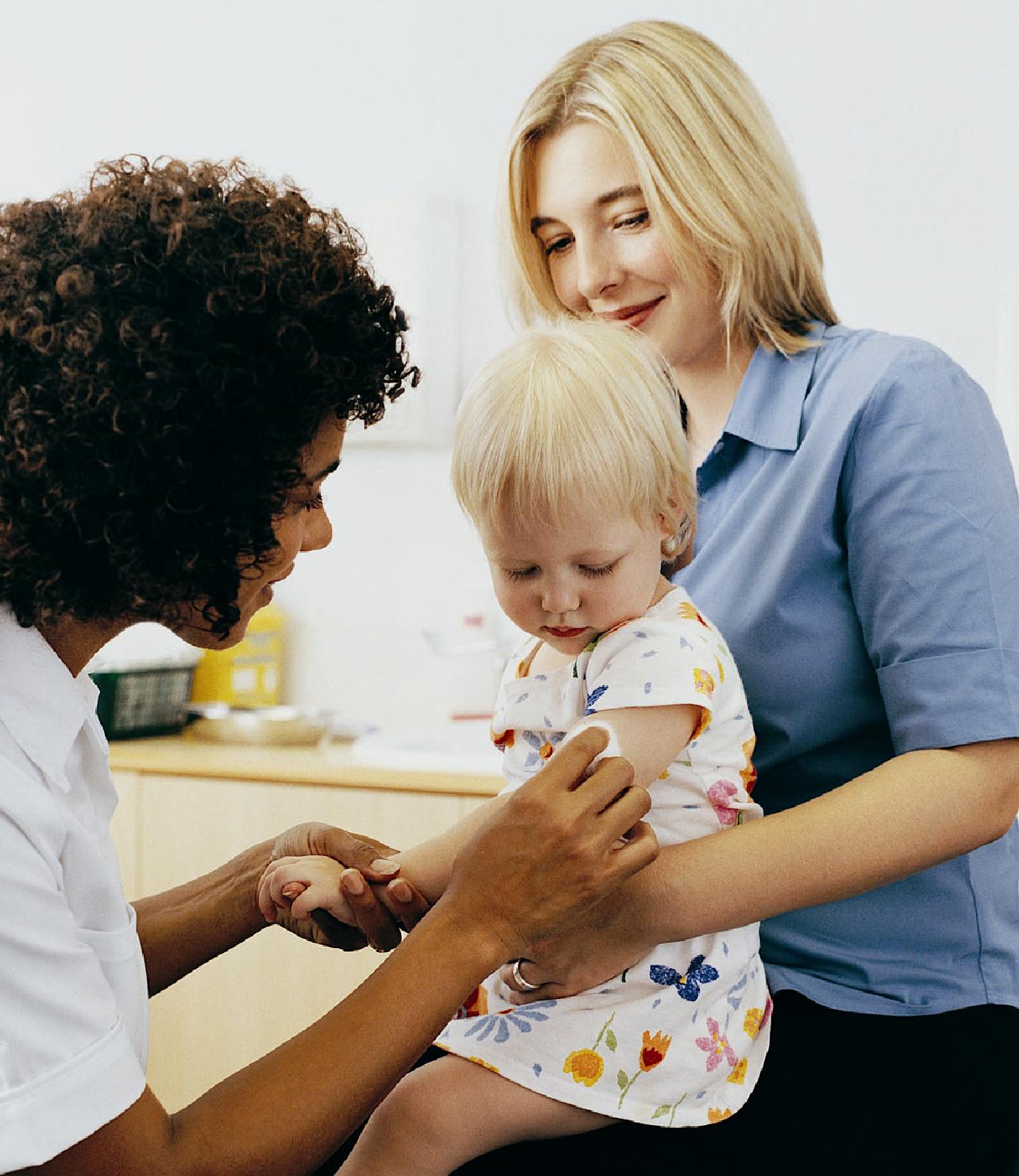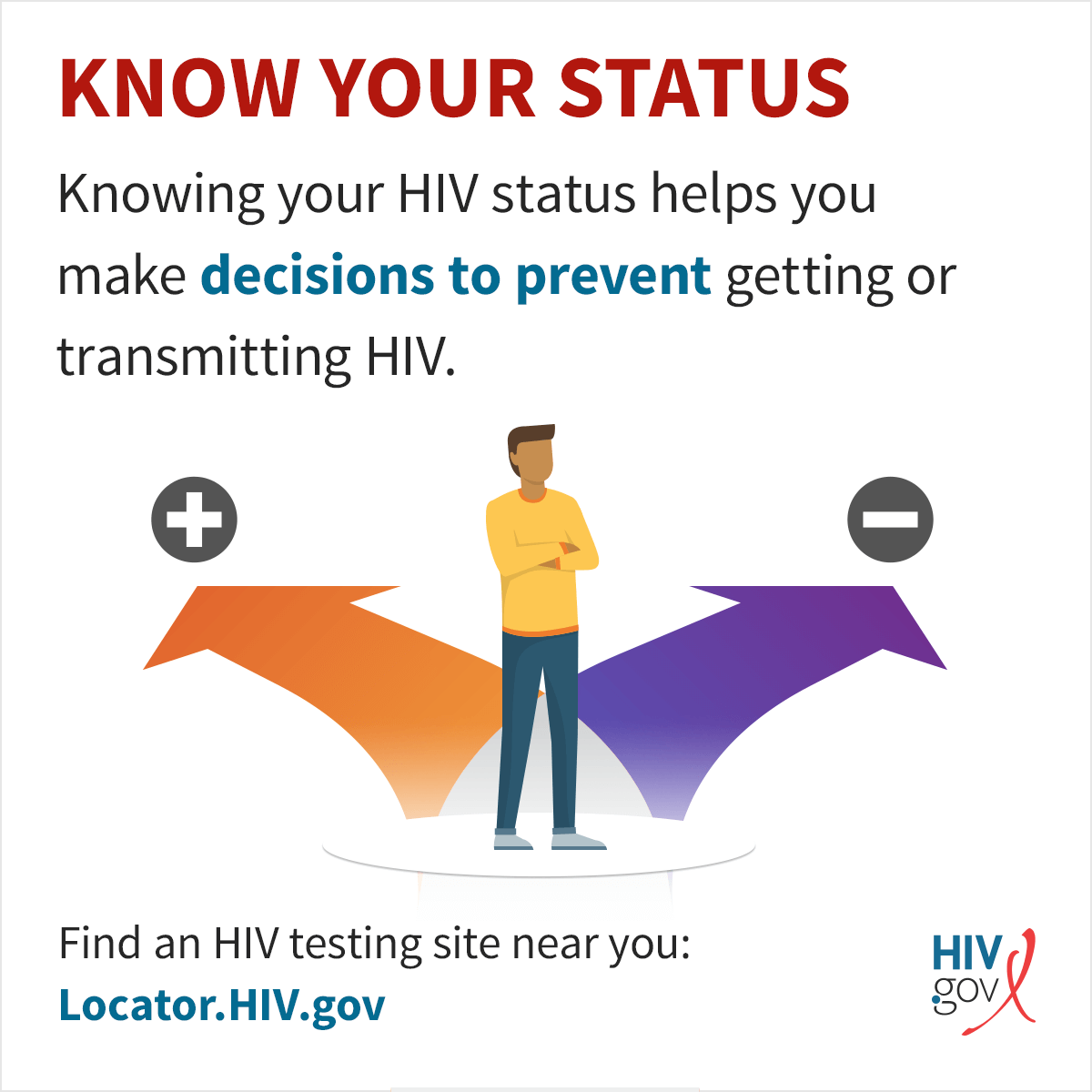Communicable Disease (CD)
A communicable disease is an illness transmitted through contact with microorganisms. People, animals, food, surfaces, and air can all be carriers of the microorganisms that pass infectious illnesses from one host to the next.
To search Communicable Disease topics view the Department of Health Services (DHS) Diseases and Conditions.
If you have any questions, please contact us.
Measles
Measles spreads very easily and is preventable with immunization.
Measles is a very contagious virus that spreads easily and rapidly through coughing and sneezing. Measles virus can stay in the air for up to two hours after a sick person has been in a room. If one person has it, up to 90% of the people close to them will also become infected if they are not immunized. Infected people can spread measles to others four days before through four days after the rash appears. Measles symptoms begin with a fever, cough, runny nose, and red eyes, followed by a red rash with raised bumps that starts at the hairline and moves to the arms and legs three to five days after symptoms begin. Serious side effects from measles can happen. Some children may get infection of the lungs (pneumonia) or swelling of the brain (encephalitis), which can sometimes lead to death. It can be prevented by the MMR (measles, mumps, rubella) immunization. Visit the Wisconsin Department of Health Services website for more information on measles.
The measles-mumps-rubella vaccine (MMR vaccine) can protect you from serious illness.
- The vaccine is safe and effective. The best protection against measles is measles-mumps-rubella (MMR) vaccine. The MMR vaccine is much safer than getting the disease. MMR vaccine provides long-lasting protection against all strains of measles. The MMR vaccine and its ingredients do not cause autism.
- The MMR vaccine is a 2-dose series. Two doses are 97% effective at preventing measles and one dose is around 93% effective. Anyone who is not vaccinated against measles can still get vaccinated.
- Your child should get their first dose at 12 to 15 months old, and the second dose at 4 to 6 years old. Children 12 months through 12 years of age may get the MMRV vaccine, which also protects against chickenpox.
- Most teens and adults born after 1957 who haven't been vaccinated only need one dose. Some adults still need two doses. Visit the CDC's website for details on doses.
- You do not need a booster if you are fully vaccinated. CDC considers people who received two doses of measles vaccine as children according to the U.S. vaccination schedule protected for life, and they do not ever need a booster dose. If you’re not sure whether you are fully vaccinated, check your immunization records or talk with your doctor.
Checking your immunization record
- You can check vaccine records with the Wisconsin Immunization Registry. If you or your child received vaccines outside of Wisconsin, those vaccines might not be in WIR. Adults might not have their childhood vaccinations documented in WIR. In that case, contact your primary care provider.
- People born before 1957 are considered immune from measles. If you were born after 1957 and aren’t sure of your immunization status, your doctor can run labs to see if you have antibodies in your body.
Where to get vaccinated
- If you have health insurance: reach out to your doctor to schedule a vaccination.
- If you don’t have health insurance or if your child is on BadgerCare: You can contact us to make an appointment at (920) 232-3000.
Exposure: If you suspect you may have been exposed, or you have symptoms:
- Anyone who develops symptoms of measles should stay home (not go to work, school, shopping, or use public transportation) and call their doctor's office or clinic before visiting so they can take precautions to ensure other patients are not exposed to the virus.
Measles Resources:
- Measles Fact Sheet in English, Hmong, Somali, and Spanish
- What employers should know
- What Employees Should Know
Immunizations
Immunizations are one of public health's greatest achievements. Vaccines help prevent diseases and help keep people of all ages healthy. To make sure you are completing the appropriate vaccine schedule on time, please contact your primary care provider. If you need assistance finding vaccine services please call 920-232-3000.
Vaccines available at Winnebago County Public Health.
Vaccines for Children (VFC) Program
Eligibility Requirements:
- No insurance
- Medical Assistance (includes BadgerCare)
- Native American or Native Alaskan.
Children that qualify for the VFC program can receive their immunizations at their local health department or from a private healthcare provider. Childhood vaccines will be given free of charge. Adult vaccines are also available at the health department.
- Download the Vaccines for Children Flyer in English, Spanish, and Swahili
- Check Immunization Records Via the Wisconsin Immunization Registry. Informacion para los padres.

HIV Counseling and Testing Services

Winnebago County Public Health provides HIV testing with a scheduled appointment. HIV testing is anonymous/confidential and results are ready in 20 minutes. A $15 donation is requested.
HIV Testing: What to know in English and Spanish
Call to schedule an appointment: 920-232-3000 or email wchdcd@winnebagocountywi.gov
Other testing options include:
- Vivent Health
- Planned Parenthood (enter your zip to find a location near you)
- Find Testing Near You (CDC)
- Contact your primary care physician
Communicable Disease Reports
Sign up to automatically receive the Quarterly Communicable Disease reports via email.
2025 Quarterly Reports:
2024 Quarterly Reports:
- Fourth Quarter Report / Full Disease List
- Third Quarter Report / Full Disease List
- Second Quarter Report / Full Disease List
- First Quarter Report / Full Disease List
These reports serve as a snapshot of data as it relates to communicable disease in Winnebago County. The Winnebago County Public Health jurisdiction does not include the portions of the City of Menasha and City of Appleton that fall within Winnebago County. These locations have their own health department: City of Menasha Health Department / City of Appleton Health Department.


